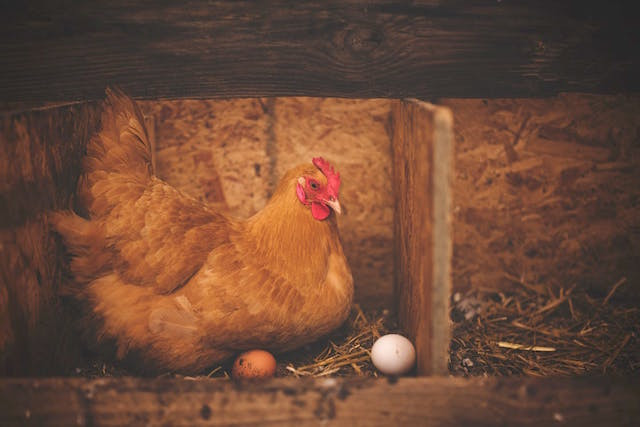The conclusion was based on laboratory tests on eggs taken on 10 August from two Luxembourg farms where a Belgian cleaning firm suspected of using products containing fipronil had worked.
“Inspection of the establishments concerned revealed that the Belgian company had only intervened in the cleaning of the premises, the disinfection of the sheds having been carried out by the Luxembourg operators themselves,” the government said in its statement.
“Food safety authorities still have no reason to believe that fipronil has been used on farms in Luxembourg,” it added.
The statement follows the breaking of the fipronil scandal, eggs contaminated with the hazardous insecticide were found in the Netherlands and Belgium in early June. Controversially, the rapid alert network was not informed until 20 July, however.
Fipronil is a broad-spectrum insecticide which, according to Toxipedia, poses “moderate acute toxicity to people and mammals”. In extreme cases, fipronil poisoning can lead to nausea, vomiting, dizziness and epileptic fits.
It is commonly used to treat fleas and ticks in pets, but is banned for use on animals which are part of the human food chain.
Last week it emerged that traces of the insecticide were found in imported eggs sold in Luxembourg. The affected batches and any products made from them have been removed from sale.
